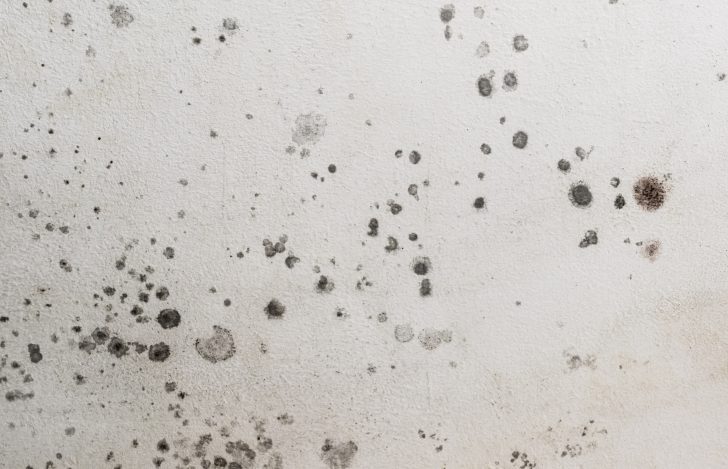Can I Sue My Landlord for Black Mold Exposure in my Apartment?

03Mar
Can I Sue My Landlord for Black Mold Exposure in my Apartment?
If you're subjected to any type of mold exposure, you should be concerned. When toxic black mold is involved you should be even more alarmed, due to its reputation for causing illness. If you have mold in your apartment, you will want to know whether you can sue your landlord for any harm you've suffered.
Health Problems Associated with Black Mold
Mold, a microscopic fungus that grows in very damp settings, has been identified under Article 11, section 581 of the San Francisco Health Code as a "health nuisance." Like all forms of mold, black mold ("stachybotrys") has many health problems associated with it, including the following:
- Headaches
- Itchy eyes
- Sinus problems
- Nausea
- Respiratory problems
- Skin inflammation
- Lung infections
- Internal organ damage
- Mental impairment
Implied Warranty of Habitability
Your landlord is legally obligated to deal with the mold infestation under their duty to provide you with a habitable living space, which is implied in your lease agreement. It means that you are entitled to live free from health and safety hazards. Obviously, keeping your unit free of a mold infestation would be covered under this warranty. If you have black mold and you tell your landlord, but they don't resolve the issue, this would be considered a breach of their duties.
Landlord's Responsibility Regarding Black Mold Exposure
A landlord owes you a duty to make necessary repairs. This duty and any provisions from your lease could apply to your landlord's accountability. For instance, there was a leak in your unit and your landlord didn't fix it in a timely fashion, or at all. Next thing you know, there is a black mold outbreak, which can be connected to the leak. Your landlord's inaction would be a breach of their duties, as long as they had notice about the leak; as a tenant, you have a duty to inform them. That's why you should notify them (in writing) of repair needs and of any signs of mold immediately.
California law compels landlords to make certain disclosures. Under California's written disclosure law on mold, a verbal warning isn't enough; the landlord must make the disclosure in writing. This law applies to the following:
- To both houses and apartment units.
- If a landlord should reasonably know that mold is present, such as after a flood or water damage.
- Mold that may be hidden or invisible.
In general, the landlord is responsible for the costs of removing the mold and should reimburse the tenant for any costs incurred due to the mold. However, if it is found that the tenant ignored the problem, or caused the problem that lead to the mold, then they can be found responsible.
If your landlord takes full responsibility of the mold problem and you contract health problems later that are likely caused by the black mold exposure, you still may be able to claim damages. That is why it is pivotal to see your physician right away because you will likely have to use your medical records to show the harm that the exposure caused. Depending on the specific details, you may also be able to sue for breach of contract, negligence, and nuisance.
Contact an Experienced Attorney to Discuss Black Mold Exposure
If you've been exposed to black mold, you're no doubt concerned with how this will affect your home and health. It can be a complicated situation, especially if your landlord isn't cooperating. That's when you can turn to an experienced lawyer. At Wolford Wayne, we are the team of talented tenant's rights attorneys who specialize in tenants' rights. If you are dealing with mold issues, contact us today for help—we want to fight for your rights.
Related Posts You Also May Like
Get Started
For more information or to discuss your legal situation, call us today at (415) 649-6203 for a phone consultation or submit an inquiry below. Please note our firm can only assist tenants residing in San Francisco, Oakland & Berkeley.





